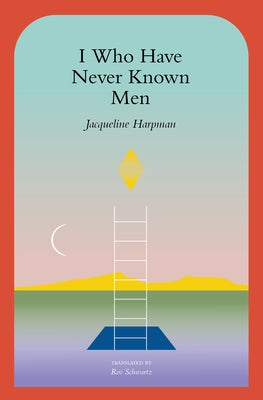Meditations: A New Translation

Meditations: A New Translation
The book is a selection of the Roman emperor's own reflections on Marcus Aurelius from March 8, 161 to March 17, 180. The White House Rain Book, for those who are interested in history and philosophy, is a book that our readers will enjoy reading. He took private lessons from the leading orators and philosophers of his time, such as Aurelius, Fronto, and Apollonius Chalcedonius. He was the Roman Emperor from AD 161 to 180.Marcus Aurelius, also known as the "Stoic Emperor" and "Philosopher Emperor," spent the majority of his reign on expeditions despite being a peaceful man.
This work took its place on the shelves of the White Rain House Book, the work of Marcus Aurelius, a Roman emperor at the height of the empire, which has been read with interest for centuries. Thoughts to Myself, which he started to write during an expedition against the Germanic tribes at the end of 169 AD, is of great importance for Stoicism, especially the Roman Stoa. It comes with an extensive opening chapter detailing the life of Marcus Aurelius and the geopolitical and social factors surrounding the artifact, as well as the history we know of of how the artifact survived and was transmitted. This background is great because Meditations was in part Marcus' personal diary. In fact, the notes Marcus took for himself came together into an actionable philosophical work.
The book is more of a how-to manual for living and breathing this philosophy.
Marcus Aurelius constantly reminds himself that he is mortal and can die at any moment. He makes it clear that this belief helps him act with dignity at all times. Aurelius believed that if you believed you could die today, you would be much more likely to express yourself fully and avoid saying anything that was dishonest or that would cause you to regret it later. That doesn't mean it ignores the future. Preparing for a good life tomorrow has benefits both today and tomorrow.
It is not a work of self-praise; on the contrary, it is fiercely opposed to the ego. Aurelius does not say that he is a genius; he says that he is a human being like the others. Overall, this is quite a unique work in terms of great philosophical books. Because this book was not intended for publication, it is one of the most brutally honest and influential works out there, especially since this ethos is intertwined with stoicism. Even when you open and read this masterpiece on any page at random, you can realize something incredible that can be thought of for hours, days, weeks, or years. One sentence can change the way you think and act. The depth of observations and thoughts contained in these pages can make you feel both meaningless and endless at the same time. This is crazy! If there is another example where so many meanings can be gathered from so few words, I don't know about it. What a wonderful work of mind. If the insights contained in these pages could somehow reach every person in the world, we would soon see the problems we have caused ourselves disappear. If we could think as high as Aurelius on selfishness, shortsightedness, hatred, intolerance, and ignorance, all of these could begin to unravel.
Meditations contain fundamental thoughts about the fundamental problems of human existence. Staying true to its title, this book leaves the reader with a lot to think about. Finally, Emperor Marcus Aurelius wrote the majority of these writings while on military campaigns, giving us a close-up look at a man who uses Stoicism to grapple with life's complexities. In addition to being a great emperor, Marcus Aurelius was one of the greatest philosophers of Stoic philosophy. In the book, he is brave enough to criticize both himself and those who came before him, and at the same time, he shows us the wisdom that a leader/manager should have. It's never easy to be wise at the same time.








